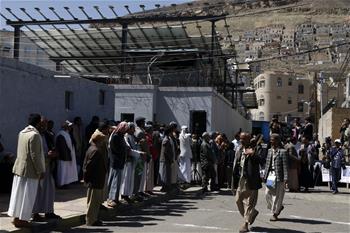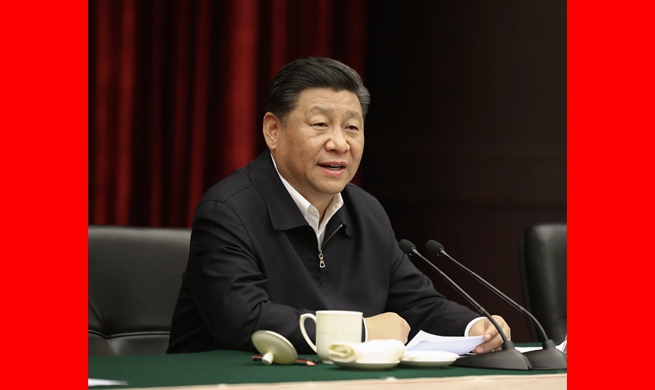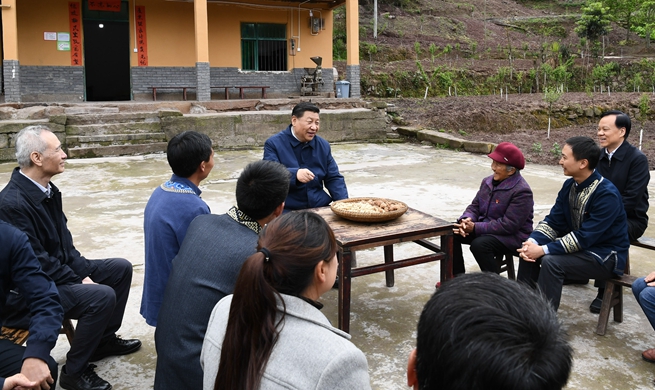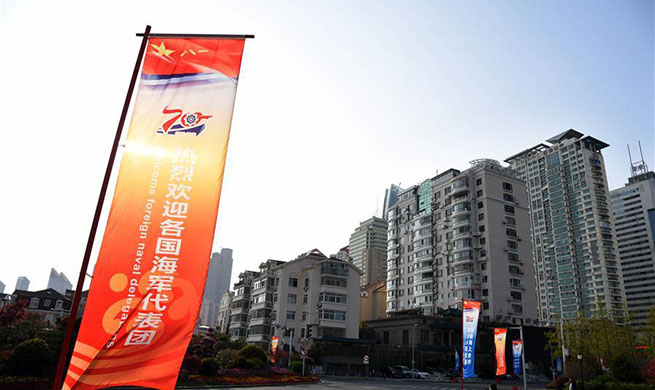TOKYO, April 18 (Xinhua) -- The operator of the crippled Fukushima Daiichi nuclear power plant said Thursday it will accept foreigners to work under Japan's new visa system on jobs including those related to the plant's decommissioning.
Tokyo Electric Power Company Holdings Inc. (TEPCO) said it has told dozens of companies it has subcontracted to carry out decommissioning work that foreign employees will now be able to engage in such work.
The utility said that foreign laborers under the new visa program could be engaged in work including construction, maintaining equipment, cleaning and catering services, among others.
In areas where exposure to radiation might be an issue, TEPCO said that foreign workers will have to be able to understand commands given to them in Japanese and adhere to the utility's rules and guidelines.
It also said that in some areas the workers will be required to wear dosimeters to monitor the levels of radiation they may be exposed to.
TEPCO said that it has instructed its contractors to hire foreign workers legally, but said it has not decided on how many foreign workers it will take on, in addition to the 4,000 personnel already working at the stricken plant through subcontractors.
"The decision to hire foreign workers under the new visa system is up to our subcontractors and we have not set a target figure for such employees. We will manage the situation as a company that placed orders for laborers," a TEPCO official was quoted by local media as saying Thursday.
Japan started accepting more blue-collar workers from April this year under a revised immigration law, which followed the successful passage of new legislation aimed at solidifying Japan's labor force that is steadily being hollowed out by a rapidly aging and shrinking population.
The new visa system in Japan has been set up to attract more blue-collar workers to work in sectors here such as construction, farming and nursing care, to help deal with Japan's demographic crisis and the increasingly negative impact it is having on the economy.
The new immigration law has been the focus of some controversy, however, with labor unions, advocacy groups and opposition parties voicing concern about rising instances of the mistreatment of foreign workers under a technical intern training program, supervised by the Justice Ministry, and introduced here in 1993.
Such mistreatment has involved interns being forced to work outside of their jobs' specific remits, made to work inordinate amounts of overtime, being denied adequate vacation time, and working for rates well below minimum wage.













